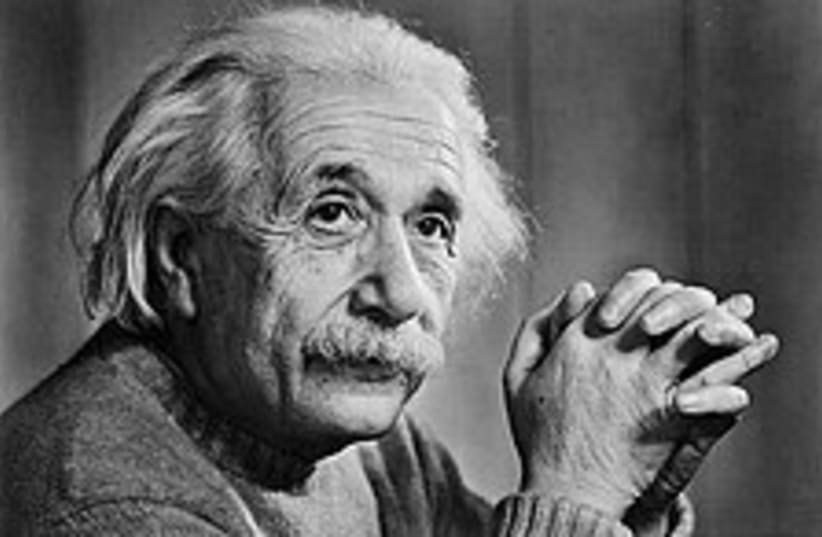The writer is author of Einstein’s Rabbi: A Tale of Science and the Soul (Shires Press) and a faculty member of the Arava Institute for Environmental Studies at Ben-Gurion’s University.
Einstein, Obama and Binyamin Netanyahu
What do they all have in common? Zionism.

The writer is author of Einstein’s Rabbi: A Tale of Science and the Soul (Shires Press) and a faculty member of the Arava Institute for Environmental Studies at Ben-Gurion’s University.